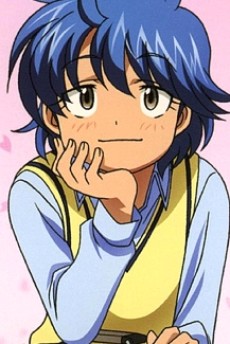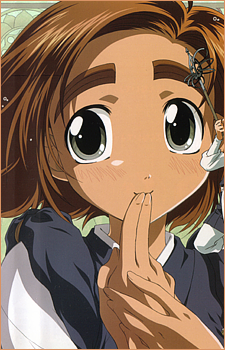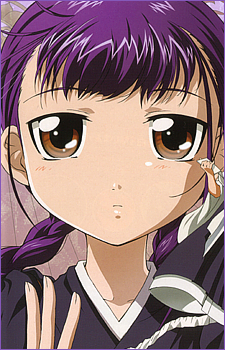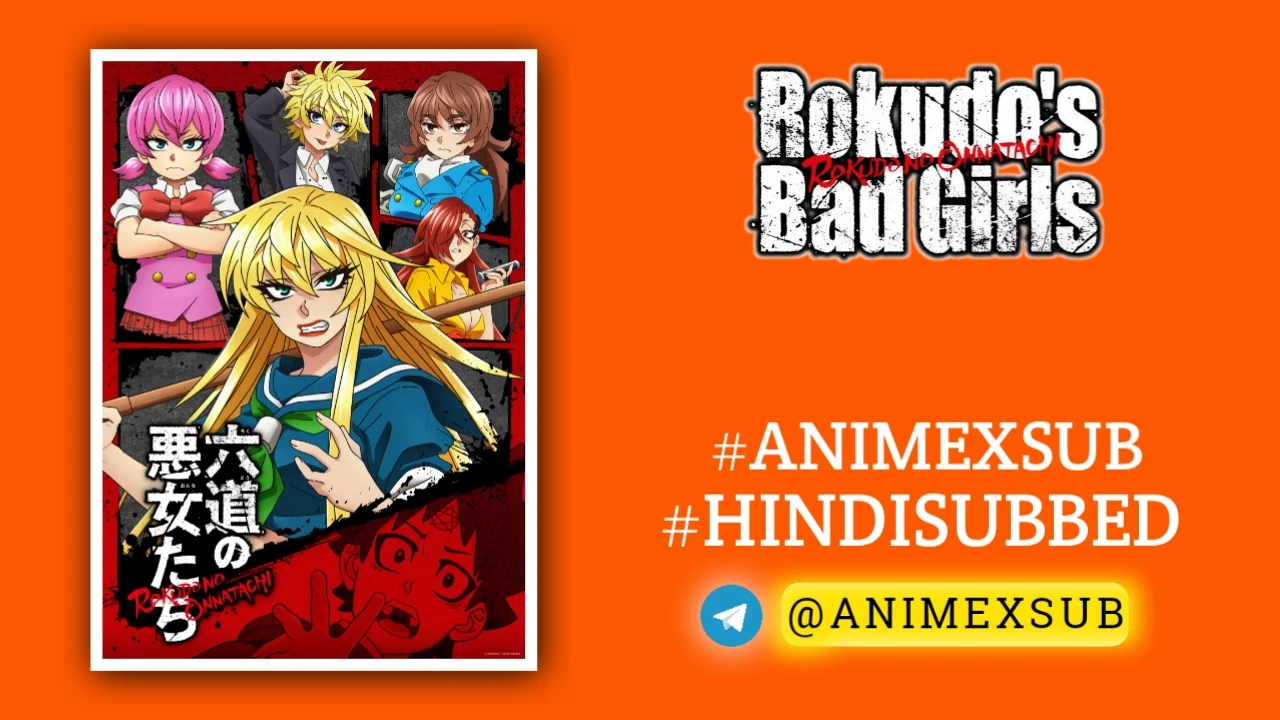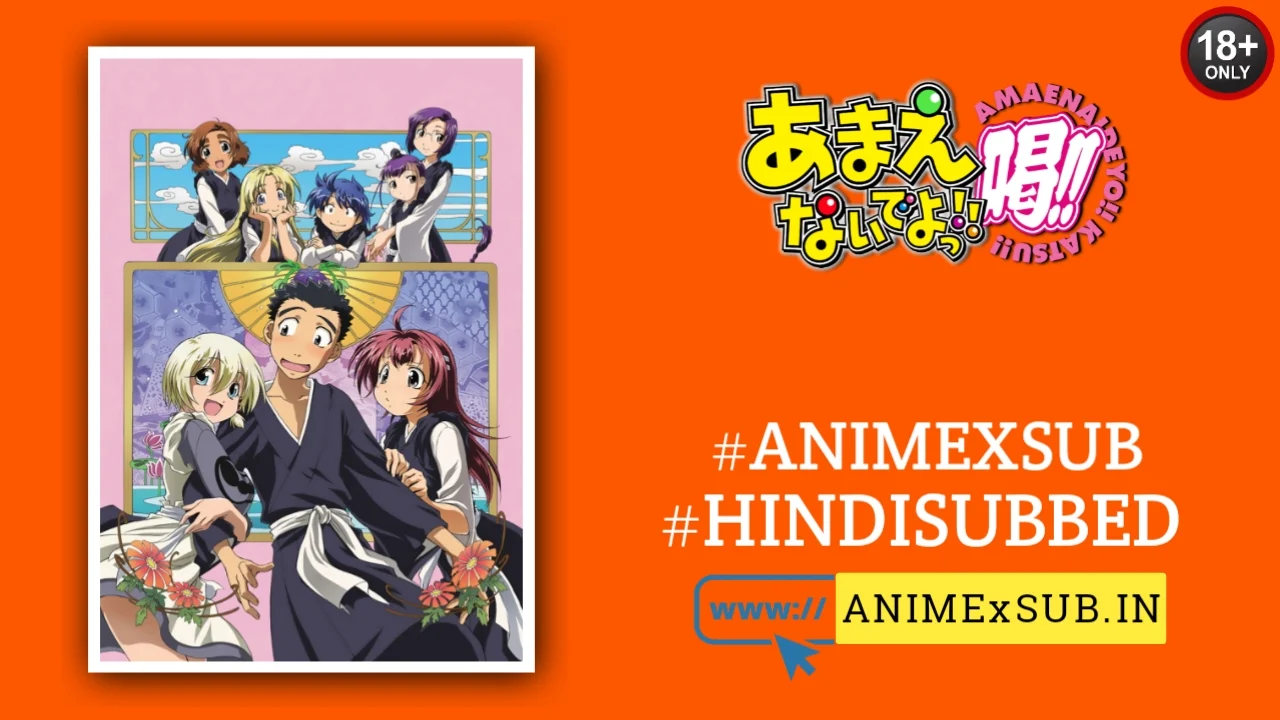
Ah My Buddha Season 1 Hindi Subbed [13/13] | Amaenaide yo!! Hindi Sub
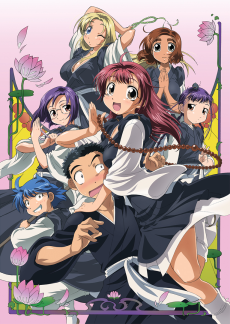
Amaenaide yo!!
Ah My Buddha!!Synopsis
Satonaka Ikkou, a 16 year old boy, is a first year trainee at the Saienji Buddhist Temple. He was sent there by his parents to be trained by his grandmother, the Saienji Priestess. At the temple he finds himself surrounded by beautiful female priestesses-in-training. Upon seeing a girl naked, Ikko has the ability to turn into a super-monk, performing massive exorcisms for the good of the temple. (Source: Anime News Network)
Characters
Episodes
Ah My Buddha Season 1: A Quirky Blend of Spirituality and Ecchi Comedy
Ah My Buddha (originally Amaenaide yo!!), a 2005 anime adapted from Toshinori Sogabe’s manga, is a peculiar fusion of Buddhist themes, harem tropes, and ecchi humor that defies easy categorization. Season 1, spanning 12 episodes plus an OVA, follows Ikkou Satonaka, a teenage monk-in-training at Saienji Temple, surrounded by six vibrant priestesses. This review dives into the show’s unique premise, character dynamics, cultural underpinnings, and its balance of irreverence and heart, offering fresh insights into a series often misunderstood or dismissed.
A Premise Rooted in Absurdity and Potential
At its core, Ah My Buddha revolves around Ikkou, whose latent spiritual powers awaken only when he’s aroused by seeing a naked woman—a mechanic as absurd as it is provocative. This setup, while leaning heavily into ecchi territory, cleverly ties into the show’s exploration of Buddhist principles, particularly the tension between earthly desires and spiritual enlightenment. Unlike typical harem anime, where fan service is often the sole draw, Ah My Buddha uses its risqué premise to probe deeper questions: Can one harness base instincts for a higher purpose? How does one reconcile human flaws with spiritual aspirations?
The show’s setting, Saienji Temple, is a microcosm of Buddhist cosmology, with each of the six priestesses—Haruka Amanogawa (deva realm), Sumi Ikuina (human realm), Hinata Sugai (demon realm), Sakura Sugai (animal realm), Chitose Nanbu (hungry ghost realm), and Yuuko Atouda (hell realm)—representing one of the six realms of samsara. This framework grounds the series in a philosophical context, though it’s often played for laughs rather than preached. The result is a narrative that feels both irreverent and oddly respectful, poking fun at monastic life while subtly weaving in Buddhist concepts like impermanence and compassion.
Character Dynamics: Beyond the Harem Clichés
While Ah My Buddha operates within the harem genre, its characters elevate it beyond mere archetype fodder. Ikkou, voiced by Chihiro Suzuki, is no bland self-insert protagonist. His genuine struggle to balance his hormonal impulses with his desire to be a good monk makes him relatable, if not always likable. His “super-monk” transformations, triggered by accidental glimpses of nudity, are both hilarious and narratively functional, allowing the show to stage creative exorcism sequences that blend slapstick with supernatural action.
The priestesses are the heart of the series, each bringing a distinct personality that avoids the genre’s usual one-note traps. Chitose (Mai Nakahara) is the tsundere with a soft spot for horror films, her love-hate dynamic with Ikkou providing emotional heft. Haruka, the calm and voluptuous older sister figure, exudes confidence but reveals vulnerability in quieter moments. Sumi’s gentle kindness contrasts with Yuuko’s fiery tomboy energy, while the Sugai sisters—Hinata and Sakura—add layers of mystique and playfulness, respectively. The show’s strength lies in how these women aren’t just eye candy; their interactions with Ikkou and each other reveal growth, insecurities, and camaraderie, making the temple feel like a dysfunctional but endearing family.
Cultural Context and Subtle Commentary
What sets Ah My Buddha apart from contemporaries like Love Hina or He is My Master is its engagement with Buddhist philosophy, albeit through a comedic lens. The series doesn’t shy away from critiquing the rigidity of religious institutions—Grandmother Jotoku, the temple’s strict overseer, often prioritizes discipline over empathy, mirroring real-world debates about tradition versus modernity in spiritual practice. Episodes like the one involving a haunted arcade or a possessed doll weave Buddhist rituals (e.g., fire ceremonies) into the narrative, offering viewers a glimpse into esoteric practices without feeling didactic.
The show also toys with gender dynamics in a way that’s surprisingly nuanced for an ecchi comedy. The priestesses’ frequent nudity isn’t just fan service; it’s a plot device that forces Ikkou to confront his desires, highlighting the Buddhist idea that liberation comes from mastering, not suppressing, one’s impulses. This approach, while imperfect and sometimes gratuitous, invites viewers to question societal taboos around sexuality and spirituality—a bold move for a 2005 anime.
Animation and Sound: Serviceable but Charming
Produced by Studio DEEN, the animation in Season 1 is solid but not groundbreaking, with vibrant character designs by Kumi Horii that emphasize the priestesses’ distinct aesthetics. The show’s color palette leans into warm, earthy tones, fitting the temple setting, while action scenes—particularly Ikkou’s exorcisms—are fluid and dynamic. The OVA episode, with its uncensored fan service, pushes the boundaries further, though it feels like a bonus rather than a necessity.
The soundtrack, composed by Yasunori Iwasaki, complements the tone with playful, upbeat tracks and serene temple motifs. The opening theme, “Afurete yuku no wa kono kimochi” by Ame-tai!, is catchy and sets the cheeky mood, while Mai Nakahara’s “Happy Days” closing theme adds a reflective touch. Voice acting, especially in the Japanese dub, is a highlight, with the cast capturing both the comedy and the occasional emotional beats.
Strengths and Flaws: A Delicate Balance
Ah My Buddha excels in its ability to balance humor, heart, and spirituality. Standout episodes, like the sports festival or the hot springs trip, blend harem hijinks with character-driven moments, such as Yuuko grappling with an admirer or Chitose’s horror obsession revealing her vulnerabilities. The show’s self-awareness—seen in its tongue-in-cheek episode titles like “Don’t Peek!” or “Don’t Get Me Wet!”—adds to its charm, acknowledging its absurdity while delivering genuine laughs.
However, the series isn’t without flaws. The reliance on fan service can feel repetitive, and some viewers may find the premise’s inherent sexism off-putting, as the priestesses often end up objectified despite their depth. The episodic structure, while entertaining, lacks a strong overarching narrative, making the season feel like a collection of vignettes rather than a cohesive story. Additionally, the show’s humor occasionally leans too heavily on Ikkou’s “pervert” stereotype, which can undermine his character development.
A Fresh Perspective: Why It Stands Out
Unlike many harem anime that prioritize romance or titillation, Ah My Buddha uses its ecchi framework to explore themes of self-control, community, and spiritual growth. Its Buddhist backdrop, while not deeply philosophical, provides a unique lens that distinguishes it from peers. The series’ humor, rooted in the absurdity of a lust-driven monk, feels like a precursor to later anime like Konosuba, which also blend satire with genre tropes. For viewers willing to look past the fan service, Season 1 offers a surprisingly thoughtful take on adolescence and discipline, wrapped in a package of irreverent fun.
Reception and Legacy
Critics at the time were divided. Anime News Network called it “dull” and “brainless” for its heavy fan service, while THEM Anime Reviews praised the “cute” characters but criticized the unoriginal premise. Fan reviews on platforms like MyAnimeList and Amazon highlight its guilty-pleasure appeal, with many appreciating the comedy and character moments despite its flaws. The series’ cult following led to a second season (Amaenaide yo!! Katsu!!) and a Blu-ray release in 2021, signaling enduring interest.
Final Verdict
Ah My Buddha Season 1 is a flawed but fascinating gem that blends ecchi comedy with Buddhist undertones in a way that’s both absurd and endearing. Its unique premise, memorable characters, and sly cultural commentary make it more than just a harem throwaway. For fans of Love Hina or Tenchi Muyo!, it’s a nostalgic trip with a spiritual twist; for newcomers, it’s a quirky artifact of mid-2000s anime that rewards an open mind. If you can embrace its cheeky excesses, you’ll find a series that’s as thought-provoking as it is titillating.
Rating: 7.5/10
Best For: Fans of harem comedies, ecchi enthusiasts, and viewers curious about anime with unconventional spiritual themes.

